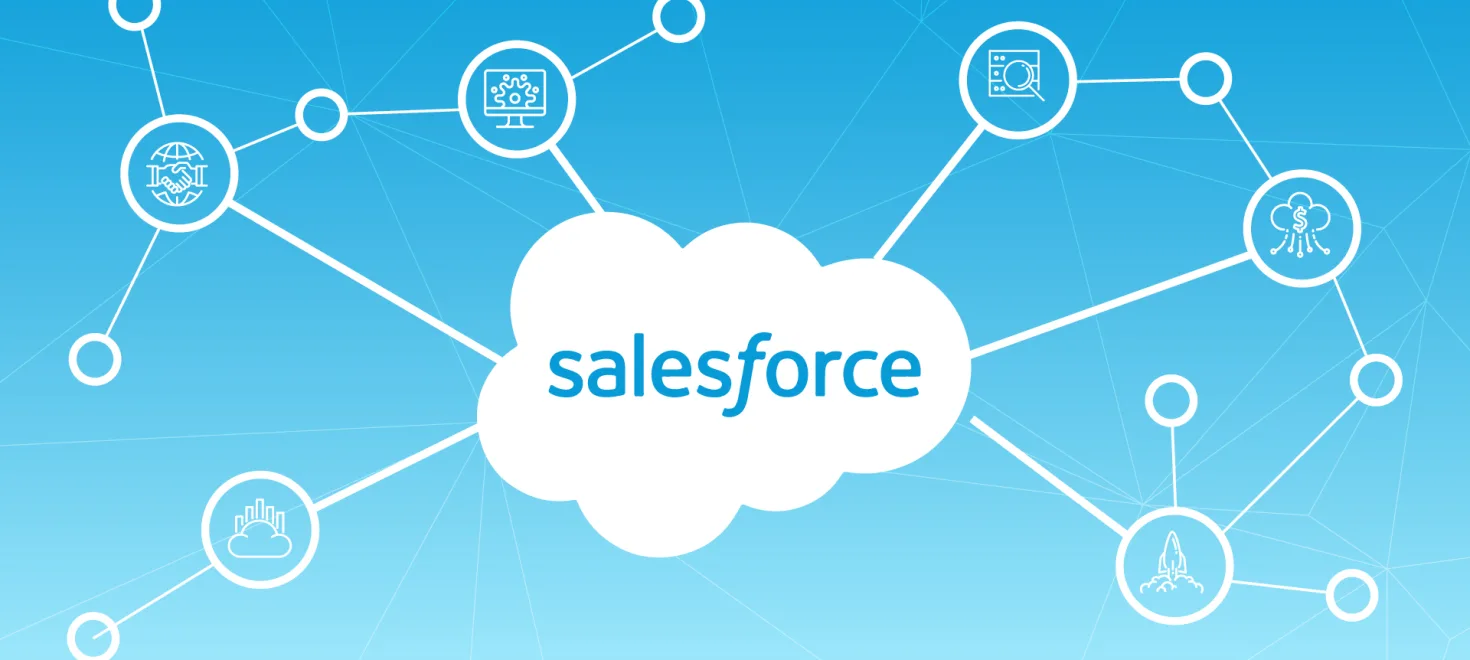Introduction
In the dynamic world of cloud computing, Salesforce has emerged as a powerhouse, revolutionizing how companies interact with their customers. At the heart of this transformation are Salesforce Administrators – the bridge between business and technology. This blog aims to guide aspiring Salesforce Administrators, shedding light on the role, skills required, and the path to success in this exciting career.
Understanding the Role of a Salesforce Administrator
Key Responsibilities
- System Management: Overseeing the Salesforce environment, ensuring its optimal performance and usability.
- User Support and Training: Assisting users with system navigation, troubleshooting, and offering tailored training sessions.
- Customization and Development: Tailoring Salesforce to meet business requirements, including custom fields, page layouts, and workflows.
- Data Management: Ensuring data integrity through regular audits, data cleansing, and effective data import/export strategies.
- Staying Updated: Keeping abreast of new Salesforce features and functionalities, and integrating them into business processes.
Essential Skills for Success
- Technical Proficiency: Familiarity with Salesforce features, basic programming concepts, and data management principles.
- Problem-Solving Mindset: Ability to troubleshoot issues and develop efficient solutions.
- Communication Skills: Strong ability to articulate technical concepts to non-technical users and stakeholders.
- Project Management: Organizing and managing tasks effectively, often juggling multiple projects simultaneously.
- Adaptability: Embracing change and quickly learning new features or updates in Salesforce.
Pathway to Becoming a Salesforce Administrator
Education and Training
- Formal Education: While a degree in computer science or a related field is beneficial, it’s not mandatory.
- Salesforce Training: Engage in Salesforce Administrator courses offered by Salesforce Trailhead, Coursera, or Udemy.
Certification
- Salesforce Administrator Certification: An essential credential that validates your expertise and commitment to the role.
- Advanced Certifications: Consider pursuing advanced certifications like Salesforce Advanced Administrator or Salesforce Platform App Builder.
Practical Experience
- Hands-On Practice: Utilize Salesforce Trailhead to gain practical experience through interactive challenges.
- Internships and Entry-Level Positions: Seek opportunities to work in CRM-related roles or internships that offer Salesforce exposure.
Networking and Community Involvement
- Salesforce Community: Join Salesforce user groups and online forums to connect with other professionals.
- Conferences and Webinars: Attend Salesforce events, webinars, and conferences to stay updated and network with peers.
Career Prospects and Growth
- Diverse Opportunities: Salesforce Administrators are in demand across various industries.
- Career Growth: Opportunities to evolve into roles like Salesforce Consultant, Developer, or Architect.
- Competitive Salaries: Salesforce Administrators enjoy competitive salaries and benefits, reflecting the value they bring to businesses.
Conclusion
Embarking on a career as a Salesforce Administrator opens a world of opportunities. It’s a role that demands continuous learning, adaptability, and a passion for making a difference in the business landscape. With the right mindset, education, and network, you can become an indispensable asset in the Salesforce ecosystem.
Call to Action
Are you ready to start your journey as a Salesforce Administrator? Begin today by exploring Salesforce Trailhead, connecting with the community, and setting your sights on certification. The future is bright in the cloud, and it’s waiting for you!




